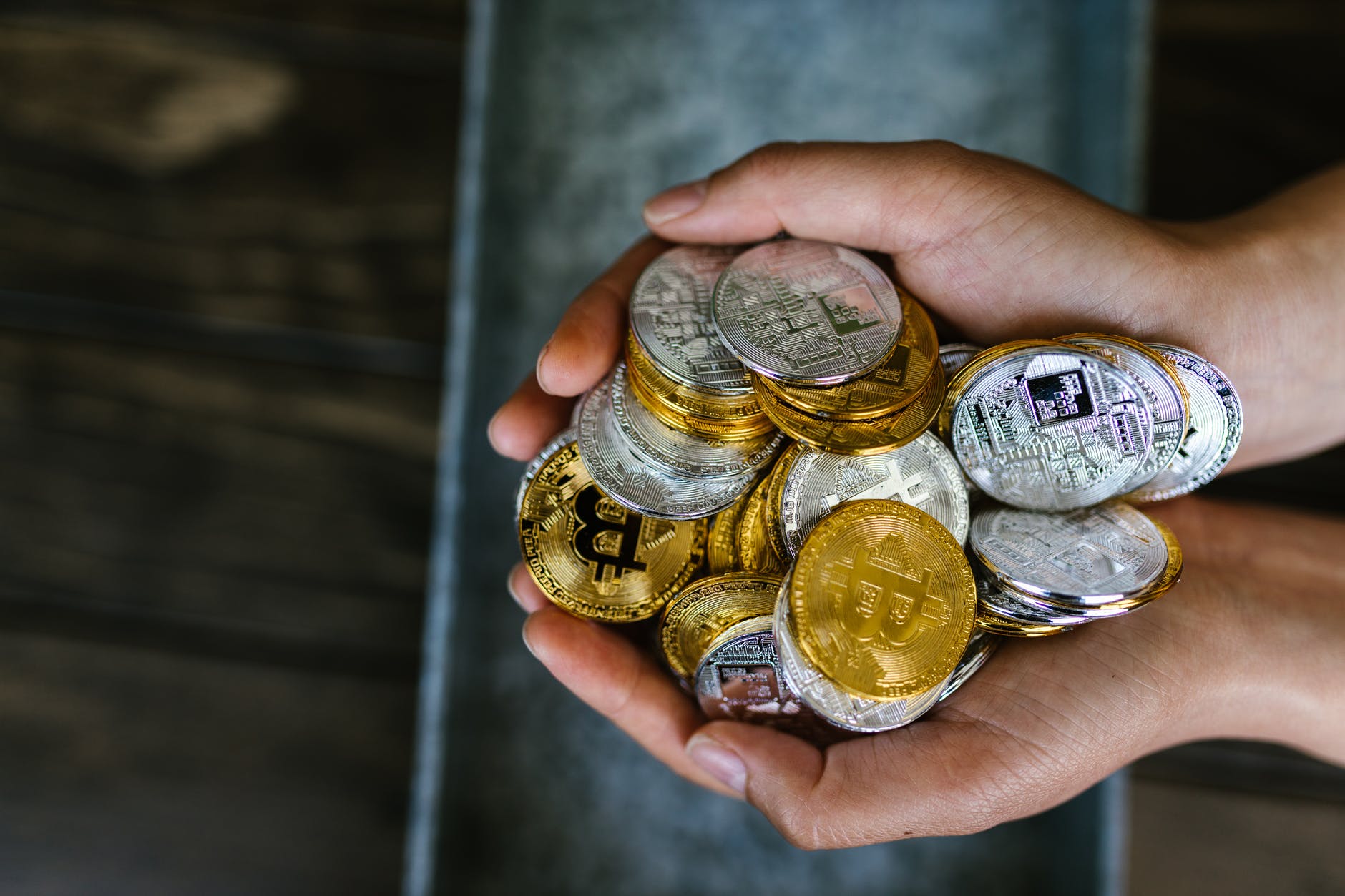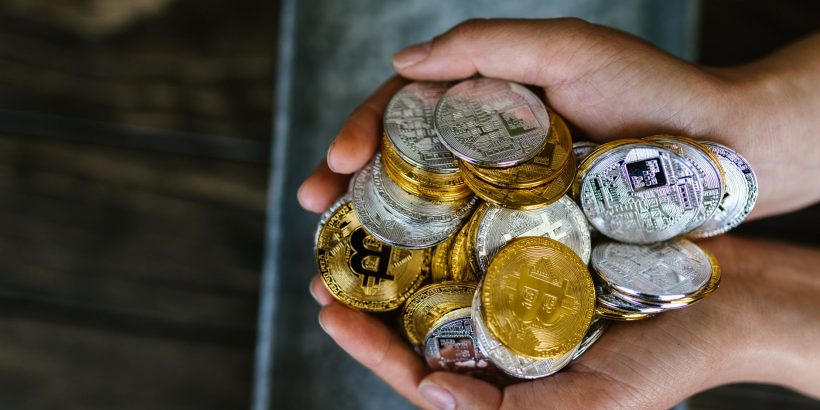
If you use cryptocurrency, you might be worried about how secure it really is. The threat to your digital currency is mostly through your cryptocurrency wallet or exchange providers. A crypto wallet doesn’t store your digital money, but it holds a private key, which is what allows you to trade cryptocurrency online. This private key is your digital identity to the cryptocurrency market and anyone who is able to get hold of this key can carry out fraudulent transactions or steal your crypto coins. Cybercriminals use a lot of clever techniques to compromise digital wallets and steal or transfer crypto assets without the user’s knowledge. Securing your wallet is very important when it comes to protecting your digital currency against cyberattacks. Here are some of the best ways to secure your cryptocurrency.
Use A Cold Wallet
Unlike hot wallets, cold wallets don’t connect to the internet, so they are not vulnerable to cyberattacks. Storing your private key in a cold wallet, also sometimes known as a hardware wallet, is the most sensible option as these come ready encrypted, keeping your keys secure.
A few years ago, the Japanese exchange BITpoint found that an unauthorized withdrawal of $32 million had been made from its hot wallet in different cryptocurrencies, affecting more than 50,000 users. The exchange held five different cryptocurrencies in the hot wallet, which hit a lot of users. It’s cold wallet and cash holdings were not affected in the problem, showing the security of cold wallets.
Use Secure Internet
Always use a secure internet connection and never use public Wifi when trading or making crypto transactions. Like public versus private blockchain, understand how to trade securely. Even when you are accessing your home network, use a VPN for more security. A VPN will change your IP address and location, keeping your activity safe and private.
Maintain Multiple Wallets
There is no limit on how many wallets you can create, so you can diversify your cryptocurrency investments in multiple wallets. Use one wallet for your daily transactions, and keep the rest in a different one. This will protect your portfolio and minimize the loss of any breach.
Secure Your Personal Device
Make sure your devices are up to date with all the latest virus protection to defend against any newly discovered areas of vulnerability. Use a strong anti-virus and firewall to improve your device’s security to avoid hackers from being able to take advantage of the weakness by writing code to target a vulnerability.
Change Your Password Often
A strong password is incredibly important. A huge number of people use the same password on multiple different devices, apps, websites, and social media accounts. This is a big risk, as someone can access many different things with just one password breach. Make sure you have a strong, complex, unique password, which is hard for anyone to guess. Change this password on a regular basis. Each wallet you use should have a unique password. Use two-factor authentication or multi-factor authentication for an added layer of security.
